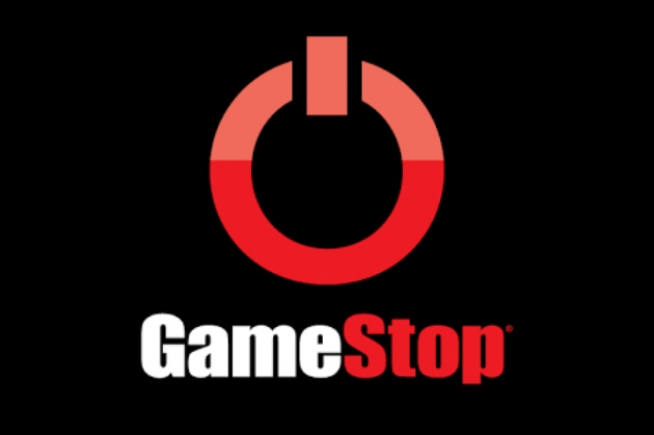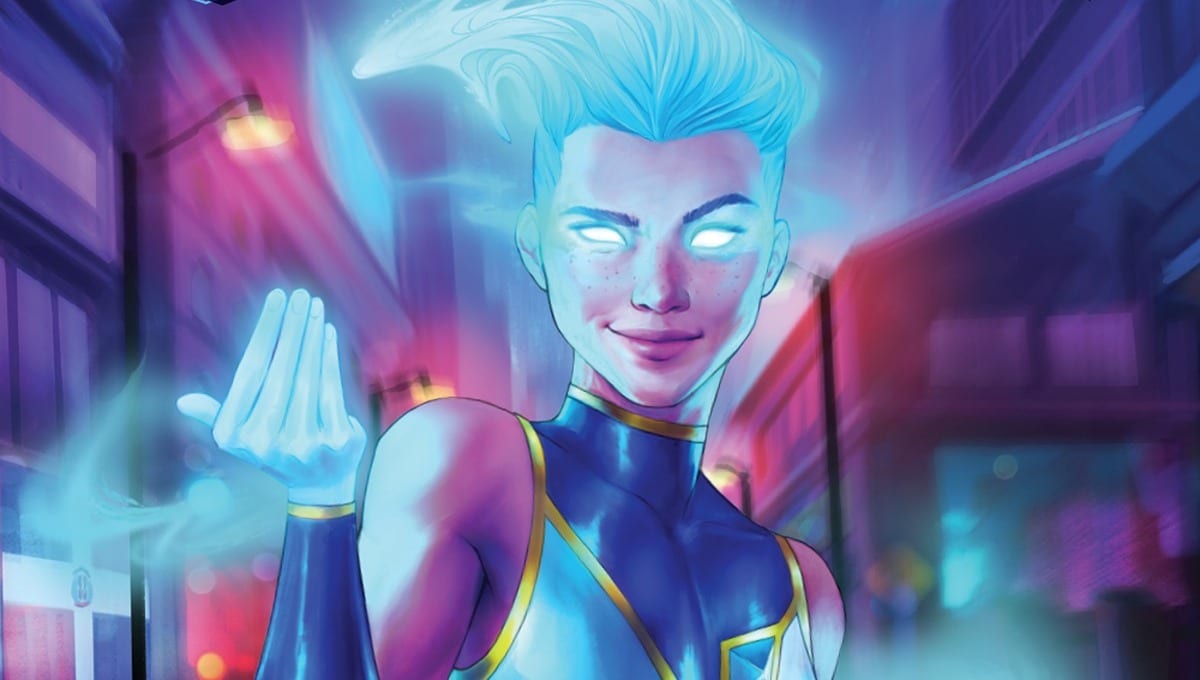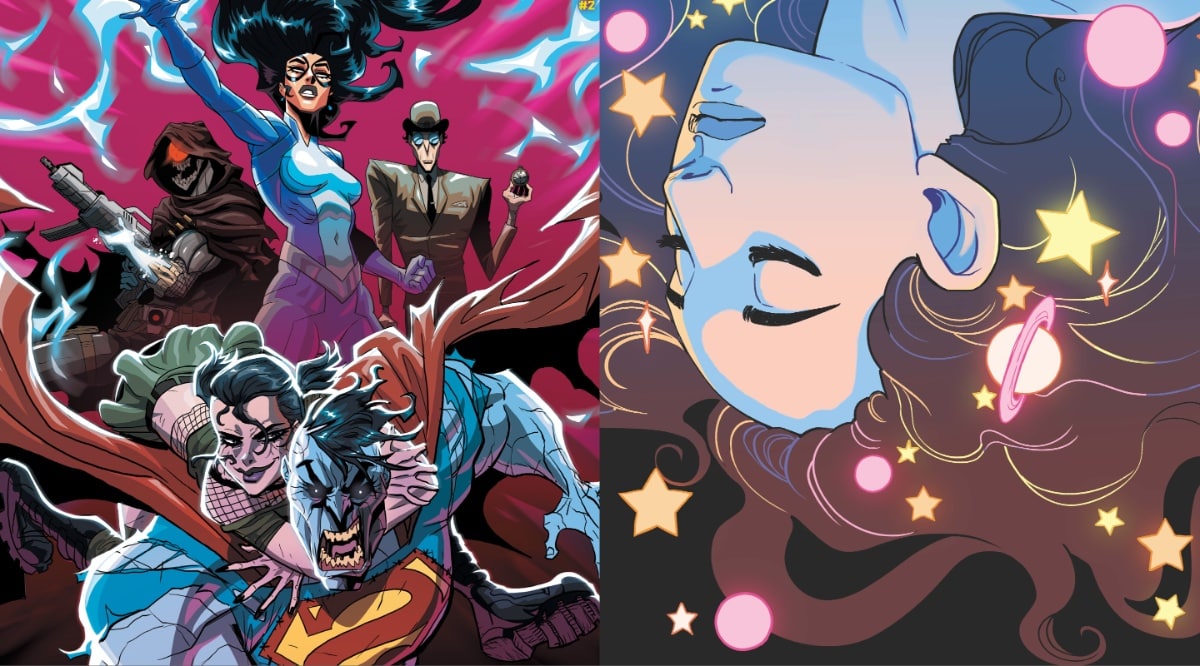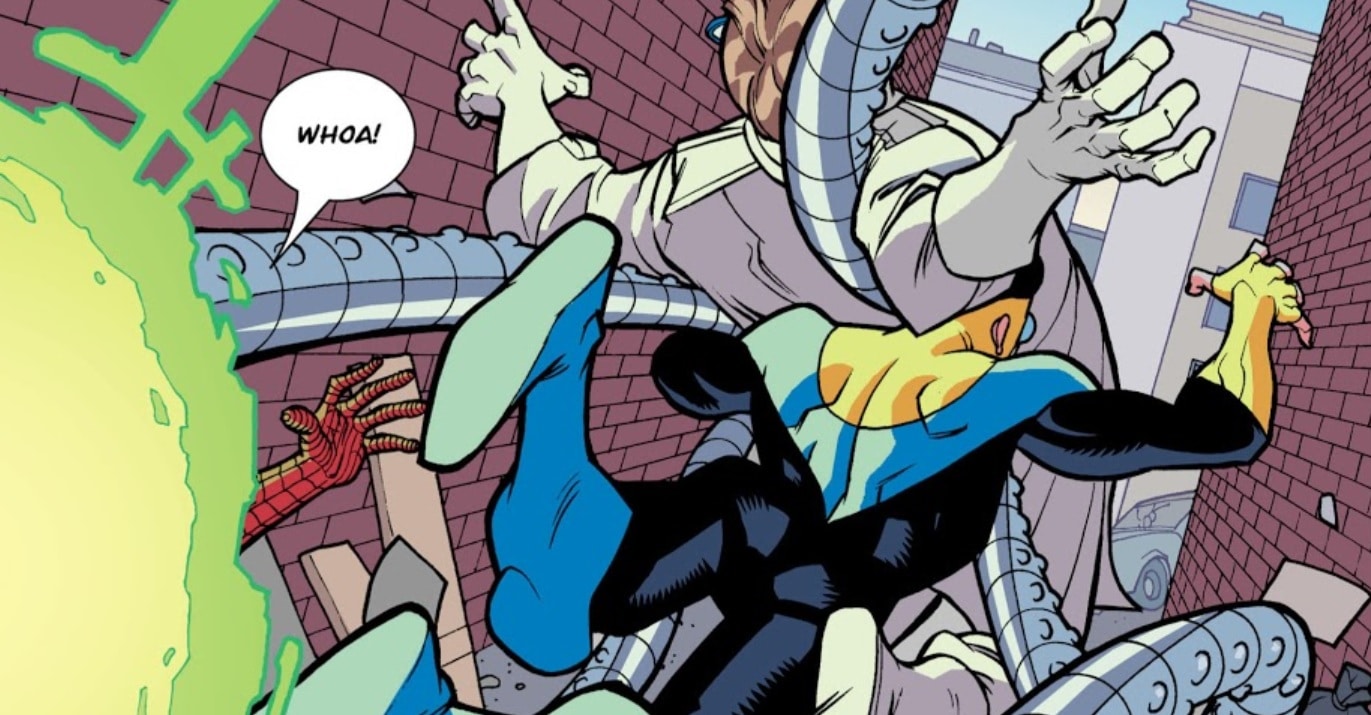
Though the announcement to test-sell comics may come as a surprise to many, in some ways it does make sense as the company has had some past-experience when it comes to printed media. Up until 2004, bookseller Barnes & Noble had control of Gamestop, after which the latter became its own company.
For years, as the digital gaming market has eaten into Gamestop’s profits, the company has focused on diversifying itself, moving away from its long-held specialty retail brand as a video game store as it ventures into new sources of revenue. For example, in 2012 Gamestop purchased BuyMyTronics, a Colorado-based online market for consumer electronics, and then later that year obtained a minority interest in Simply Mac, a Utah-based authorized Apple reseller. This paved the way for Gamestop to accept trade-ins and then later resale of used Apple products. Afterwards, stores began to offer Cricket plans for the used iPhones and iPads they sold, as the company also acquired them. In 2015, Gamestop then purchased ThinkGeek and began to offer an increasing number of collectibles in store and online. By the end of 2017, sales reports showed that collectibles sales alone increased 19.4% to $211.3 million from the previous year.
This recent move does raise some serious concern for small comic retailers. For areas that are without comic stores, this would provide a place for comic readers to turn to instead of the internet. Though, for areas with both a comic store and a Gamestop, this has the potential to cut into already shrinking comic store sales.
Also, this move leaves Gamestop open to take a serious hit themselves. It has been believed for some time now that the company is spreading itself too thin in diversifying, making it increasingly harder for store management and staff to keep up with sales expectations. As a previous Gamestop employee myself, I can attest to how difficult it was being asked to push used products, the Powerup Rewards Program, interest in pre-orders, and convincing people to apply for the Gamestop credit card, not to mention to be expected to keep up with the latest games, and take trade ins of used games, systems, accessories, and consumer electronics (which required a longer, involved process of making sure it could be accepted for trade).
For the short-term, I could foresee this as a quick boost for company sales. In the long run, I see it posing as a financial drain on the company’s profits and employee time. As in its technology brands business, which deals in part with the trade, refurbishment, and sales of used Apple products and other consumer electronics, the company had to take a $358 million asset impairment charge last year due to under-performance in adjectives. This does not include the yearly hit that the company takes because of consumer electronics trades, ranging anywhere from product being improperly taken in by employees to reportedly stolen merchandise. The collectible market has also seen a cut in overall sales. Though the margin for profit is large on those products, reports of loss due to theft has increased ever since stores begun to carry the almost hundreds of new products.
For now, we are left with many unanswered questions:
Does Gamestop already have a built-in comic book reader base to cater to?
How many Gamestop employees will be able to offer comic book suggestions?
Will video game and collectible sales lead into comic books sales?
In what ways will comic stores be affected by this?
We will have to see how the trial plays out for the company.








They will suck at it just like Moviestop did
i see more kids and teens in my local gamestop that i’ve ever seen in my local comic shop. Its going to be a challenge for a lot of retailers.
Comments are closed.